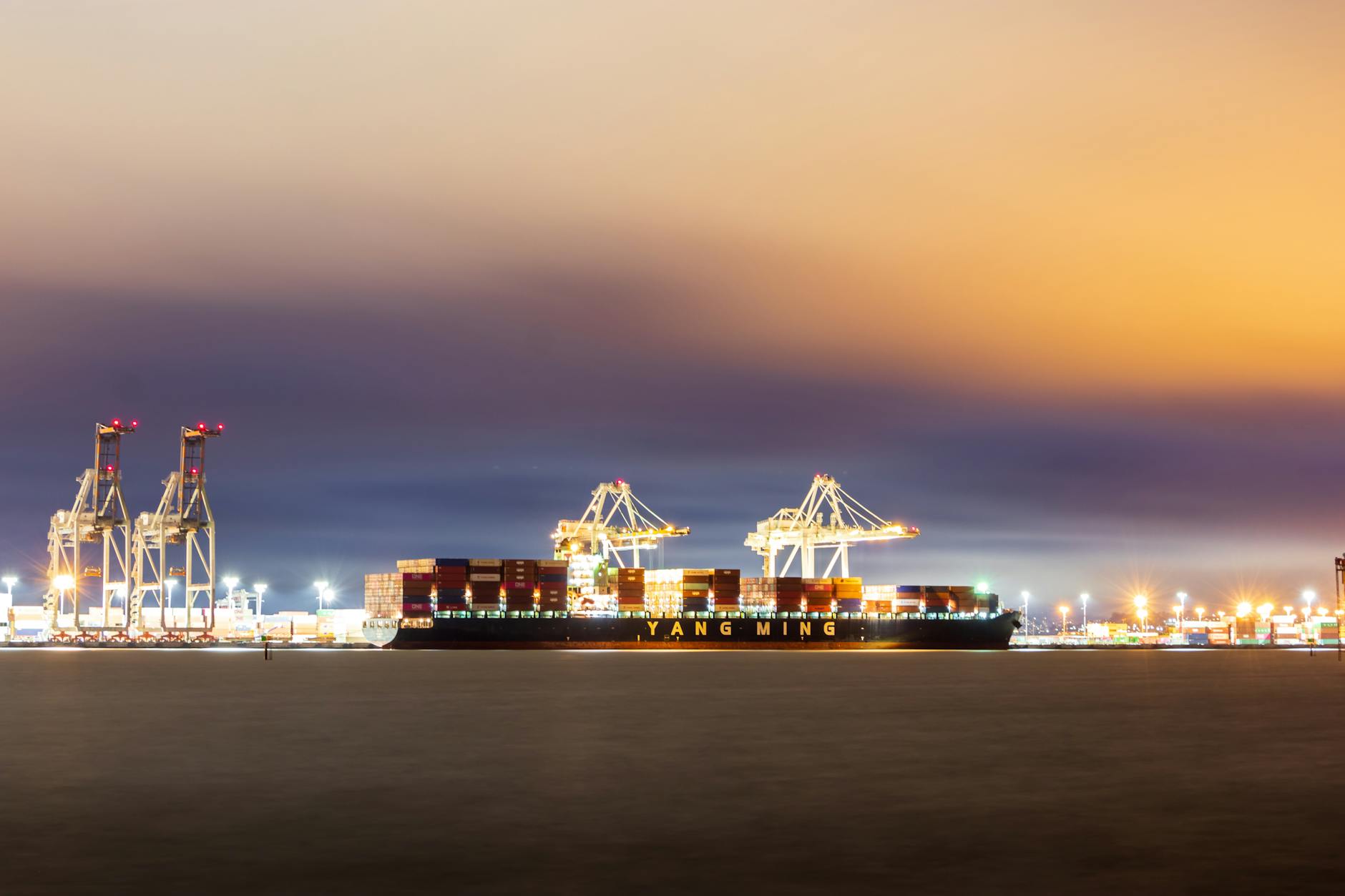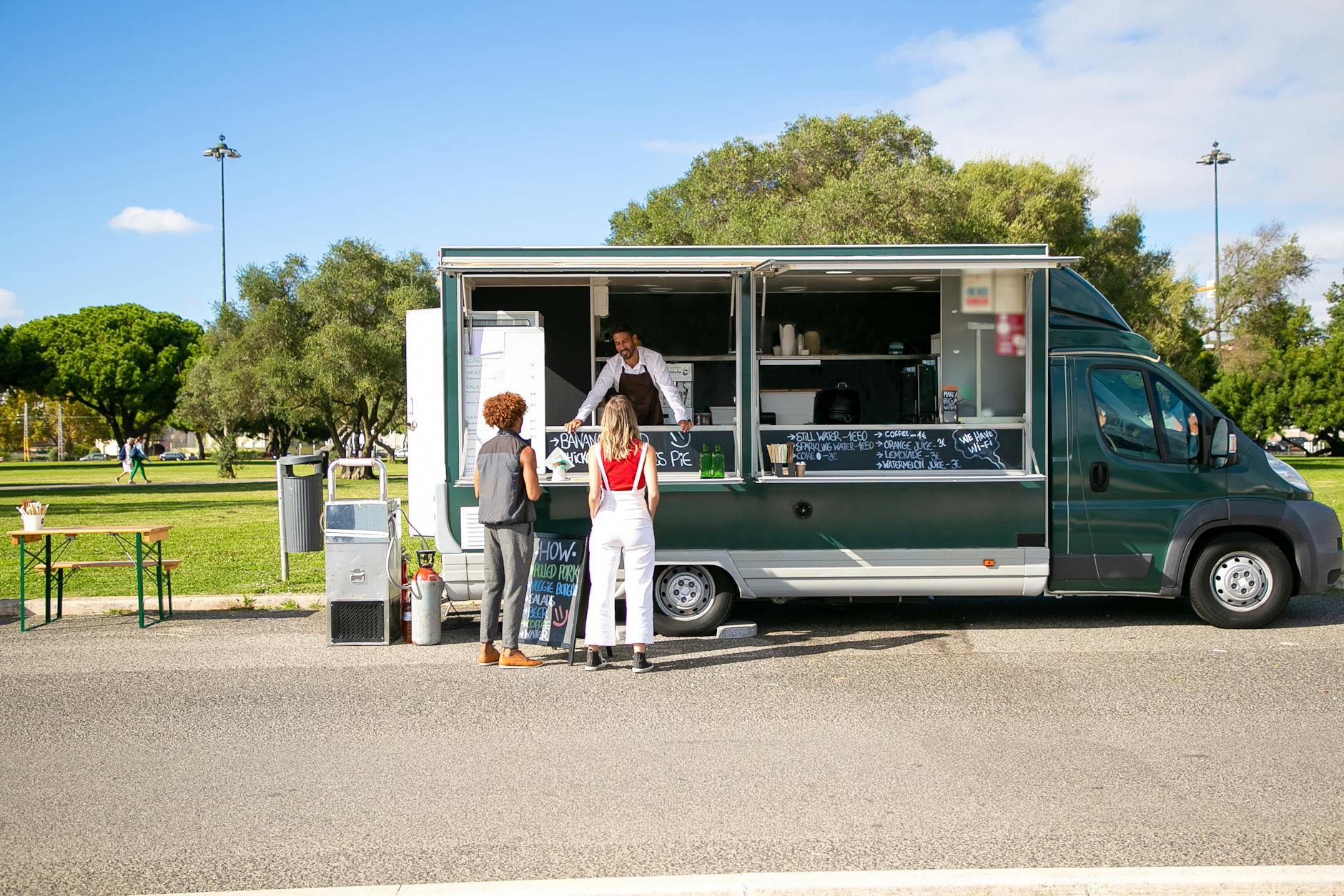How to Elevate Your eCommerce Success with Smart Logistics in Australia

Prioritise Efficient Shipping
In the bustling Docklands business district, fine-tuning your ecommerce logistics can make all the difference. As an entrepreneur, it's crucial that efficient shipping becomes a top priority to align with your growth ambitions. A central component to this is 3pl logistics, which allows you to outsource processes such as warehousing, storage, and delivery. This strategy can alleviate operational pressures, giving you more time to concentrate on scaling your business.
Streamlining Pick and Pack
The pick and pack process is the heart of your logistics operations and refining it is essential for success. With this, inventory accuracy becomes a crucial metric to track. Efficiently managed systems can pinpoint stock locations quickly, ensuring faster order picking and improved dispatch speed. Think of employing automated solutions that aid in optimal slotting techniques to maximise productivity.
Optimising Shipping Routes
Optimising shipping routes can significantly reduce shipping times and costs, making it a cornerstone of eCommerce logistics. Use analytics tools that suggest the most efficient paths for deliveries, cutting down on travel time and fuel expenses. This not only boosts performance but also enhances customer satisfaction.
Partnering with Local Carriers
Local carriers with intimate knowledge of their regions can assure quicker and more reliable delivery services. Through local collaborations, you can also foster strong business relationships and support meeting evolving customer expectations—a crucial part of growing an eCommerce economy. By prioritising such connections, you're aligning with an innovative logistics framework adaptable to dynamic market demands.
Leverage Technology Solutions
Automating Inventory Management
Maximising efficiency in inventory management is crucial for any growing eCommerce business, especially if you're balancing stock across multiple locations. One practical approach I've found is using RFID technology, which offers accurate, instant updates on inventory levels. Automation reduces the risk of human error and enhances accuracy, ensuring stock availability aligns with customer demand. The key is selecting a robust system that seamlessly integrates with your existing platforms to streamline operations without disrupting workflow.
Implementing AI in Demand Forecasting
AI has evolved beyond just a buzzword; it's a tool that can revolutionise logistics by providing predictive insights into consumer demand. Machine learning algorithms analyse historical sales data to predict future trends, allowing you to make informed decisions about stock levels. This strategic foresight enables you to avoid overstocking or stockouts, which is essential for scaling operations. I frequently network with tech experts at events in Southbank to explore emerging tech that could give my company a competitive edge.
Utilising Real-Time Tracking Systems
Real-time tracking elevates customer satisfaction by providing transparency in the delivery process. Implementing systems like GPS-enabled delivery tracking not only keeps customers informed but also allows you to optimise routes, saving on logistic costs. This is particularly beneficial when collaborating with a 3pl warehouse that operates in multiple regions. Companies like 3pl sydney exemplify how integrating technology can lead to more efficient, reliable service. Investing in these tech solutions is not just a trend, but a necessity for any ambition-driven entrepreneur aiming for seamless growth.
Expand Through Strategic Warehousing
Choosing Optimal Warehouse Locations
Selecting the right warehouse location is essential for businesses aiming to amplify their logistics efficiency. For a Melbourne-based entrepreneur like myself, the proximity to key transport links and market hubs such as the Docklands business district shapes these decisions significantly. Beyond location, the focus should be on access to shipping routes that allow for expedient and cost-effective delivery. A strategically situated warehouse can offer advantages like reduced travel time and improved pick and pack operations, which streamline dispatching processes and elevate customer satisfaction.
Collaborating with 3PL Providers
Partnering with Third-Party Logistics (3PL) providers can transform how a business handles its logistical demands. These experts shoulder complex processes, offering specialised services that align with the latest trends observed in tech innovation centres in Carlton. By leveraging their industry knowledge and resources, businesses can maintain a competitive edge without straining internal resources. The right 3PL can help negotiate better shipping rates and enhance operational scalability, providing room for growth without the baggage of additional infrastructure costs.
Enhancing Warehouse Automation
Warehouse automation is not merely a trend—it's a necessity for those of us looking to outpace our competitors. Implementing state-of-the-art automation technologies can drastically reduce errors, increase efficiency, and cut down labour costs. Automated systems ensure that operations such as inventory management and order processing are seamless, paving the way for smooth workflow and increased output. For entrepreneurs attending networking events in Southbank, embracing these innovations is key to maintaining a proactive approach to logistics.
Ensuring Customer Satisfaction
Accelerating Delivery Times
As an entrepreneur in the dynamic landscape of Melbourne, customer satisfaction hinges significantly on swift delivery times. Leveraging advanced technology and strategic partnerships, like those found in the bustling Docklands business district, can dramatically enhance speed and efficiency. By integrating automation into warehousing operations, eCommerce businesses can optimise their processes, reducing the time from pick and pack to dispatch. Furthermore, collaborating with local carriers offers the advantage of quicker transit within Australia’s vast geography, meaning your products reach customers faster than ever.
Enhancing Return Logistics
Establishing a robust return logistics process is crucial in maintaining loyalty among your customers. Efficient reverse logistics can be a major differentiator. A seamless return process not only enhances customer satisfaction but can also promote repeat business. This involves refining your warehouse operations and aligning with 3pl providers to streamline returns handling.
Providing Transparent Communication
Transparent communication throughout the logistics process is fundamental for building trust with your clientele. Real-time tracking systems let customers stay informed about their order status, a feature that sets your business apart from less communicative competitors. Ensure your customer service team is equipped to handle queries efficiently, offering clear and prompt responses at every stage of the delivery journey.
By focusing on these critical aspects, you can better meet the expectations of your customers, providing them with the reliability and transparency they value, thereby enhancing your brand's reputation in the competitive eCommerce sphere.
Common Pitfalls in eCommerce Strategies
Ignoring Data Security
In Melbourne’s bustling tech scene, safeguarding your eCommerce platform should be as paramount as any business innovation you embark upon. Neglecting data security can translate into losing consumer trust and facing potential legal consequences. Envision your eCommerce site as a fort; integrate strong encryption measures, secure payment gateways, and constant security audits. The Docklands business district is teeming with cybersecurity experts who can bolster your defences.
Overlooking Scalability
The growth trajectory of any successful enterprise should never be underestimated. Assuming that the systems supporting your current scale will suffice as you expand is a rookie mistake. As evidenced by business networking events at Southbank, peers constantly iterate that technology is your arch-ally. Adopt scalable software solutions that can evolve with market dynamics. This forward-thinking approach will enable your platform to adapt seamlessly to increased consumer demand and a growing inventory.
Misjudging Market Demand
In the world of eCommerce, understanding what consumers want is crucial—and so is predicting what they will want next. Misjudging market demand can lead to overstocking or stockouts. The answer lies in adopting predictive analytics tools available in tech innovation centers in Carlton. As savvy entrepreneurs, always equip your business with the right data, ensuring your decisions are informed and intentional.
By steering clear of these pitfalls, your eCommerce venture can remain robust and customer-centric, keeping pace with Melbourne’s dynamic business landscape.


